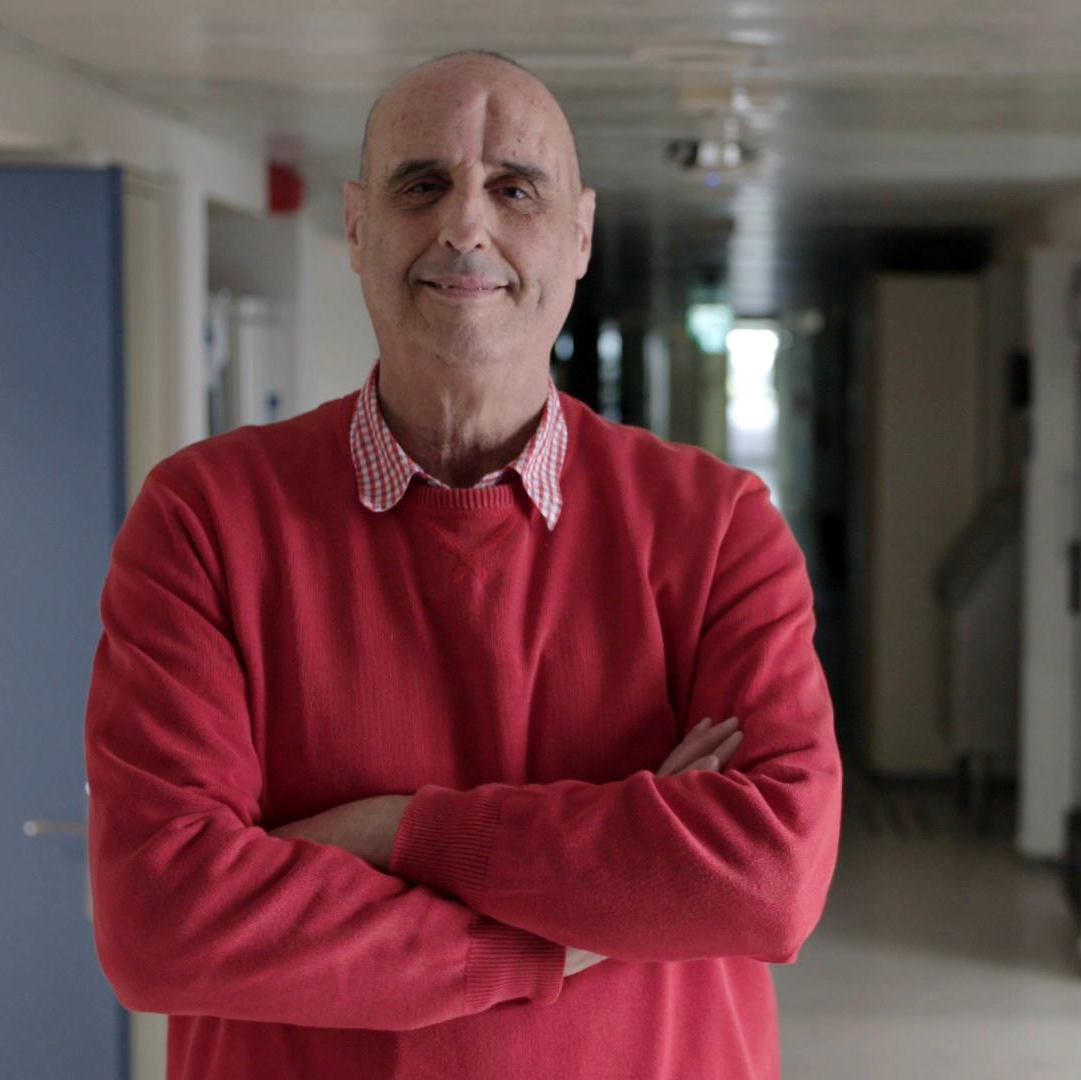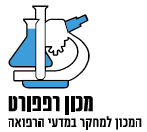
Prof. Tsvee Lapidot
Prize for Established Researcher
Prof. Tsvee Lapidot from the Weizmann Institute received the 2019 Rappaport prize for a senior researcher for his studies on the topics of normal and leukemic human stem cells, their identification, function and regulation. Tsvee developed functional pre-clinical transplantation assays for normal and leukemic human stem cells in transplanted immune-deficient mice. These models are based on clinical bone marrow transplantation protocols. The transplanted immune-deficient mice do not reject the human stem cells, providing in vivo assays for identification and characterization of human blood forming stem cells, their function and regulation. Tsvee was the first to identify and to characterize in these mice human leukemia initiating cells, obtained from the blood circulation of newly diagnosed patients with acute leukemia. These undifferentiated malignant cells can initiate and maintain the disease and their elimination by chemotherapy treatment is essential for disease eradication and prevention of leukemia relapse. Tsvees team identified signaling molecules that navigate transplanted stem cells from the blood circulation to the bone marrow for their engraftment and new mature blood and immune cell production. Regulation of blood forming stem cells include the nervous and immune systems, physiological bone turnover and daily metabolic regulation of blood forming stem cells by light and darkness onset. Daylight onset transiently increases stem cell metabolism, inducing their proliferation and differentiation, leading to mature blood and immune cell replenishment. In contrast, darkness onset leads to melatonin production which reduces stem cell metabolism leading to renewal of the bone marrow reservoir of undifferentiated blood forming stem cells.



